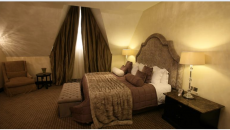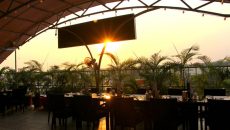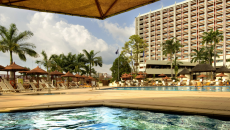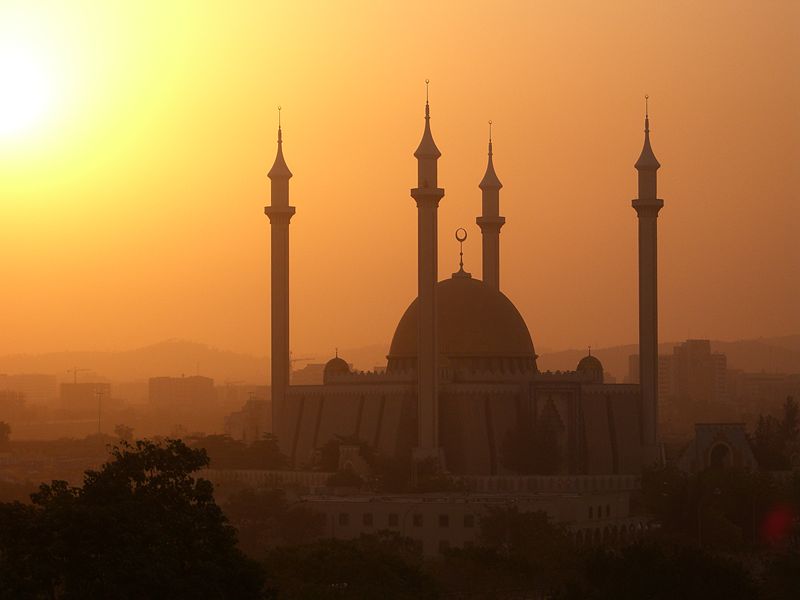Connecting African Culture Through the Seas
The Amazing Journey of Bill Pinkney Imagine leaving your life and the familiar touch of soil beneath your feet to sail across treacherous seas around the globe with only a …
Abuja, the administrative and legislative capital of Nigeria, has somewhat of a reputation as a boring, master-planned city that’s lacking in history and full of government workers and diplomats. But most of that scorn is quite undeserved. While the touristic and nightlife scenes are light-years behind those of Lagos, there are still plenty of reasons to like Abuja – and some people even prefer it.
As a whole, the city is quite a bit more docile than Lagos, with a smaller population, better infrastructure and better overall management. On the surface, Abuja is an incredibly green city, with rolling hills, curved streets and parks that are safe to congregate in. The plateaus and mountains of central Nigeria can be seen in the distance, thanks to the mostly pollution-free air.
There aren’t many attractions in the city that warrant a tourist’s attention, but that doesn’t mean there are no points of interest worth seeing if you are there for a day or two. The Ecumenical church and the massive National Mosque are the two most striking landmarks in the city and provide a visual reminder that Abuja is at the border of the Muslim north of Nigeria, and the Christian south. There aren’t safari parks or wilderness areas around Abuja, but travelers can explore the National Children’s Park and Zoo on the east side of the city, or take a look at Zuma rock. This bizarre landmark has no special significance except its size and position, which is sort of emblematic of Abuja in general.
Those looking for a souvenir made locally in Nigeria can visit Wuse market, which carries a mixture of a tourist-oriented crafts and basic consumer goods. The Hilton and Sheraton hotels also have small storefronts selling souvenirs sourced from Africa. While they don’t provide the same experience as a trip to the market, they certainly are more convenient.
Travelers will find that most of the hotels are geared heavily towards business people, as few people outside of Nigeria come here strictly for leisure. Restaurants are the same; you’ll find a mix of international-caliber eateries that cater to the diplomats and corporates, along with a smattering of local and fast food joints serving traditional Nigerian fare.
SAFETY: There is less concern for crime in Abuja than in other cities in Nigeria, but precautions should still be taken. Don’t walk around at night, and avoid driving at night to avoid police checkpoint and bribes. Keep your valuables close and don’t flash them in public. Stick with licensed green cabs, as unlicensed cabs have been known to pull scams on visitors.
The Amazing Journey of Bill Pinkney Imagine leaving your life and the familiar touch of soil beneath your feet to sail across treacherous seas around the globe with only a …
Abuja, Nigeria’s federal capital, is the country’s cutest city. Divided into six broad districts and administered by an appointee of the president, Abuja is a constant attraction for local and …











